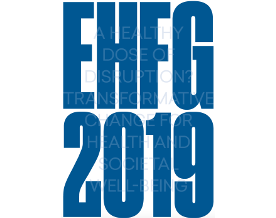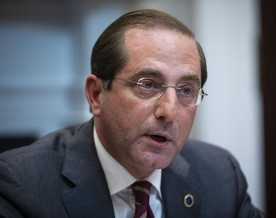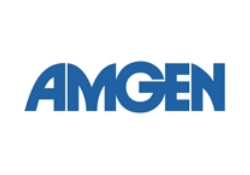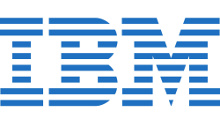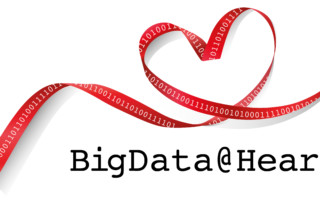Vital Transformation understands the implications of new medical procedures, technologies and policies. We measure their impact on current clinical practices in close collaboration with health care professionals, researchers, and regulators. Through our web platform and client network, we are able to communicate our findings with international decision makers and stakeholders. Vital Transformation has presented or participated in conferences sponsored by The Royal College of Physicians, European Health Forum Gastein, The European Commission, London Genetics, The European Science Foundation, The European Microelectronics Summit, and others. Our Vital Transformation branded round-tables, webinars, and conferences are often oversubscribed, and are regularly presented in partnership with global thought-leaders and organisations.
OUR RESEARCH
International pricing index ‘accomplishes nothing it sets out to do’
By Sue Peschin and Duane Schulthess, 21 October 2019
Even with all of the political chatter in Washington, D.C., talk about controlling prescription drug prices is still rising above the din. Of all the proposals being batted around, one that bases prices on an international average of prices in mostly European countries has bipartisan support. This strategy, known as the international pricing index, is particularly worrisome.
First proposed by U.S. Health and Human Services Secretary Alex Azar in the fall of 2018 for Medicare Part B drugs, House Speaker Nancy Pelosi’s drug pricing plan expands it to allow the federal government to negotiate the cost of 250 prescription medicines that aren’t facing market competition. It also extends the negotiated price to insurers and the commercial market at large.
Making Real World Data Real – New RWE Methodologies for HTAs
With the increasing use of accelerated regulatory tools like the Food and Drug Administration’s breakthrough designation, there are mounting challenges for European health technology assessors (HTAs) to make an accurate assessment of the long- term value and performance of many new therapies. Data presented in evidence is often extrapolated from outcomes six months or less, and what’s good enough for regulatory approval often doesn’t meet the needs for comparative effectiveness, value, and outcomes measures for HTAs. Vital Transformation’s recent BMJ publication demonstrates a novel, practical approach to harnessing electronic health records and RWE to help solve this problem. However, access to robust deidentified patient records in Europe is key.
Are CAR-T therapies living up to their hype? A study using real-world data in two cohorts to determine how well they are actually working in practice compared with bone marrow transplants
18th July 2019
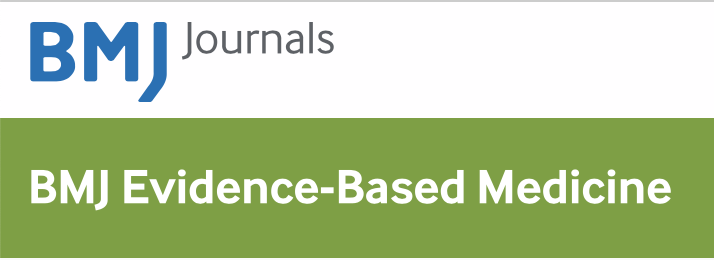 With the increasing demands being placed on HTAs in Europe, a methodology allowing for a valid assessment of the clinical effectiveness and costs for indications targeting small patient populations and orphan conditions, such as ALL, at the time of a reimbursement decision is vital. This is particularly true when the costs of these interventions are significantly high, such as in the case of CAR-T, where costs exceed US$375 000. By extracting RWD from live hospital EHRs, we were able to demonstrate a novel methodology that allows us to move beyond the use of proxies for clinical effectiveness measures extrapolated from clinical trials to obtain an assessment of the long-term outcomes and total costs of new therapies, such as CAR-T, compared with the next-best legacy treatment option.
With the increasing demands being placed on HTAs in Europe, a methodology allowing for a valid assessment of the clinical effectiveness and costs for indications targeting small patient populations and orphan conditions, such as ALL, at the time of a reimbursement decision is vital. This is particularly true when the costs of these interventions are significantly high, such as in the case of CAR-T, where costs exceed US$375 000. By extracting RWD from live hospital EHRs, we were able to demonstrate a novel methodology that allows us to move beyond the use of proxies for clinical effectiveness measures extrapolated from clinical trials to obtain an assessment of the long-term outcomes and total costs of new therapies, such as CAR-T, compared with the next-best legacy treatment option.
Azar’s Plan To Tie U.S. Drug Prices To Foreign Ones Will Impact Investments In R&D
Photographer: Al Drago/Bloomberg © 2019 BLOOMBERG FINANCE LP Publish date: June 21, 2019 By John LaMattina, Contributor for Forbes Azar claims that HHS can reduce spending on Medicare Part B drugs with little impact on biopharmaceutical R&D investment. Duane Schulthess, Managing Director at VitalTransformation, questioned Azar’s claim on this. As he delved into specific compounds on Azar’s list of 27, he found some startling data. One striking case is with Biogen’s Multiple Sclerosis drug, Tysabri.
PODCASTS
NEWSLETTER
Register now to receive all the latest updates from Vital Transformation including our research, podcasts and more…
Our clients include many of the world’s leading health care organisations.






